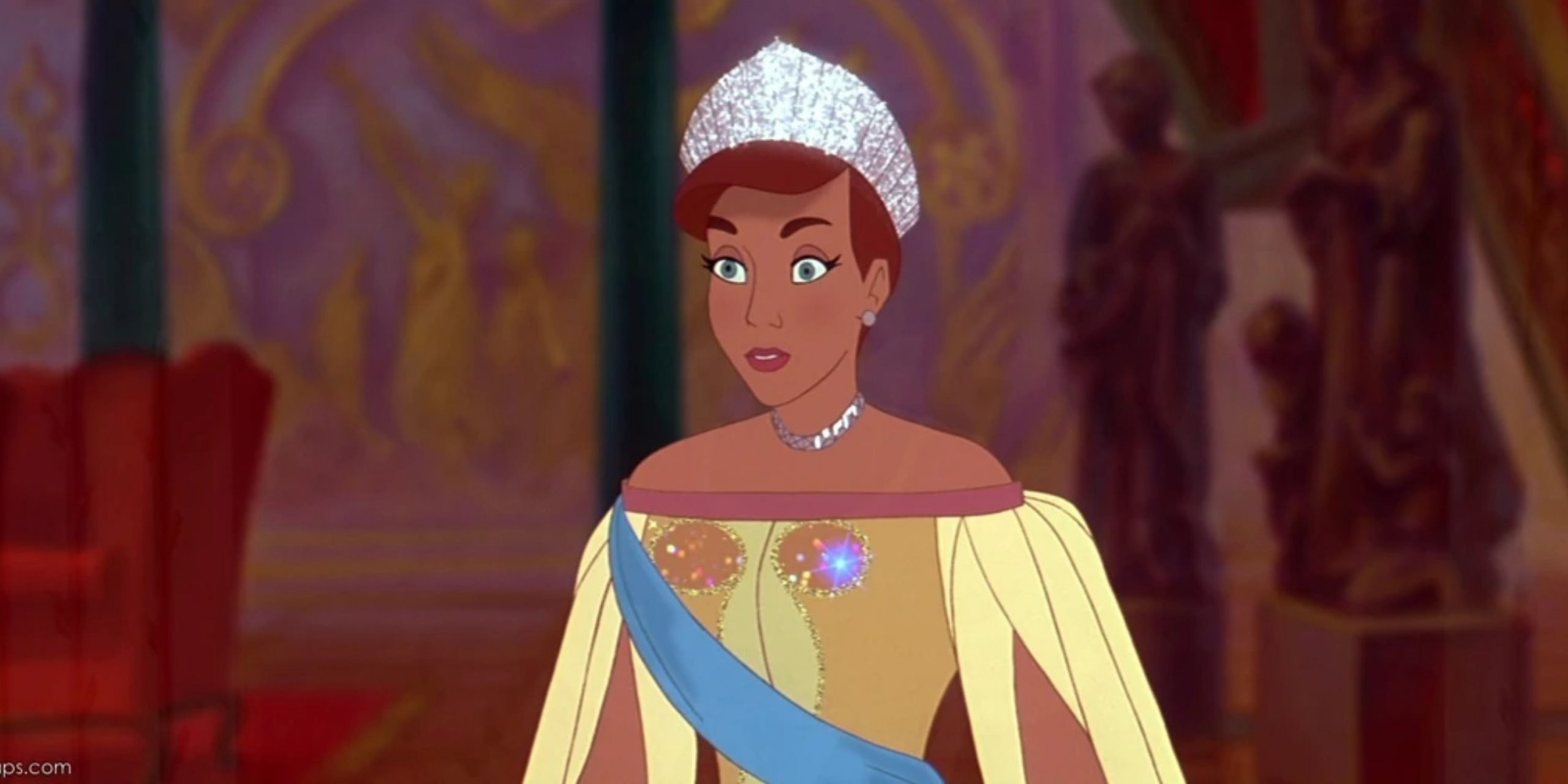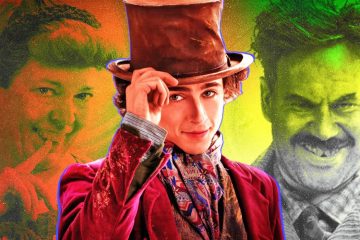Although the film has been popular for many years, Anastasia (originally a 20th Century Fox production before Disney’s acquisition of the studio in 2019) has also received backlash because of its controversial connection to the former Grand Duchess of Russia, Anastasia Nikolaevna. For a variety of reasons, Anastasia made several changes to the real-world history of its title character — namely keeping her alive and setting her forth on a fantastical journey — many people have taken the film to task for its audience. However, much like the folk stories of the past, which often offered a moral message while warping the historical significance of their settings, Anastasia’s story tries to reinterpret how things played out to offer a spark of hope in the face of tragedy.While Anastasia’s director, Don Bluth, was certainly tempting fate by choosing this particular subject as the backdrop for an animated musical, it’s a gamble that ultimately paid off for him and his studio. Still, backlash was bound to be doled out to Anastasia, and as expected, the most intense response came from the country it’s set in: Russia. There are several reasons the film was met with apprehension in the country, ranging from a myriad of historical inaccuracies to perceived religious wrongdoings. The film undoubtedly made a positive impact on its creators and movie-goers following its release in 1997, but it’s safe to say the reception wasn’t all positive — and many of the issues people had with the film are more than understandable.Despite the message of hope, historians like Suzanne Massie and amateur historian Bob Atchison believed the film misrepresented the dramatic and tragic events of Grand Duchess Anastasia’s death. Atchinson, in particular, noted his belief that the treatment Anastasia received would be like if an animation studio released a film about Anne Frank’s life that saw Frank move to Orlando and open a crocodile farm. While not quite as ridiculous as that concept, the idea that the film would distort history for some is supported by the persisting rumors of Anastasia’s survival, which did predate the film’s release but were only strengthened by a new generation being first introduced to Anastasia through Bluth’s film. It’d be inaccurate to suggest that this exact thing didn’t happen, as many children growing up with the film in the 1990s did indeed believe the tale to be true until educated to the contrary. It may have been smarter for Don Bluth and co-director Gary Goldman to simply mold a story inspired by the rumors surrounding Anastasia. Instead, they opted to present the brunt of Anastasia’s adventure in an earnest way; save, of course, for the film’s primary antagonists being a magical take on historical figure Grigori Rasputin and his talking bat sidekick, Bartok.
Although the film has been popular for many years, Anastasia (originally a 20th Century Fox production before Disney‘s acquisition of the studio in 2019) has also received backlash because of its controversial connection to the former Grand Duchess of Russia, Anastasia Nikolaevna. For a variety of reasons, Anastasia made several changes to the real-world history of its title character — namely keeping her alive and setting her forth on a fantastical journey — many people have taken the film to task for its audience. However, much like the folk stories of the past, which often offered a moral message while warping the historical significance of their settings, Anastasia’s story tries to reinterpret how things played out to offer a spark of hope in the face of tragedy.
While Anastasia‘s director, Don Bluth, was certainly tempting fate by choosing this particular subject as the backdrop for an animated musical, it’s a gamble that ultimately paid off for him and his studio. Still, backlash was bound to be doled out to Anastasia, and as expected, the most intense response came from the country it’s set in: Russia. There are several reasons the film was met with apprehension in the country, ranging from a myriad of historical inaccuracies to perceived religious wrongdoings. The film undoubtedly made a positive impact on its creators and movie-goers following its release in 1997, but it’s safe to say the reception wasn’t all positive — and many of the issues people had with the film are more than understandable.
Despite the message of hope, historians like Suzanne Massie and amateur historian Bob Atchison believed the film misrepresented the dramatic and tragic events of Grand Duchess Anastasia’s death. Atchinson, in particular, noted his belief that the treatment Anastasia received would be like if an animation studio released a film about Anne Frank’s life that saw Frank move to Orlando and open a crocodile farm. While not quite as ridiculous as that concept, the idea that the film would distort history for some is supported by the persisting rumors of Anastasia’s survival, which did predate the film’s release but were only strengthened by a new generation being first introduced to Anastasia through Bluth’s film. It’d be inaccurate to suggest that this exact thing didn’t happen, as many children growing up with the film in the 1990s did indeed believe the tale to be true until educated to the contrary. It may have been smarter for Don Bluth and co-director Gary Goldman to simply mold a story inspired by the rumors surrounding Anastasia. Instead, they opted to present the brunt of Anastasia‘s adventure in an earnest way; save, of course, for the film’s primary antagonists being a magical take on historical figure Grigori Rasputin and his talking bat sidekick, Bartok.
#Disneys #Anastasia #Faced #Backlash #Russia
Note:- (Not all news on the site expresses the point of view of the site, but we transmit this news automatically and translate it through programmatic technology on the site and not from a human editor. The content is auto-generated from a syndicated feed.))



